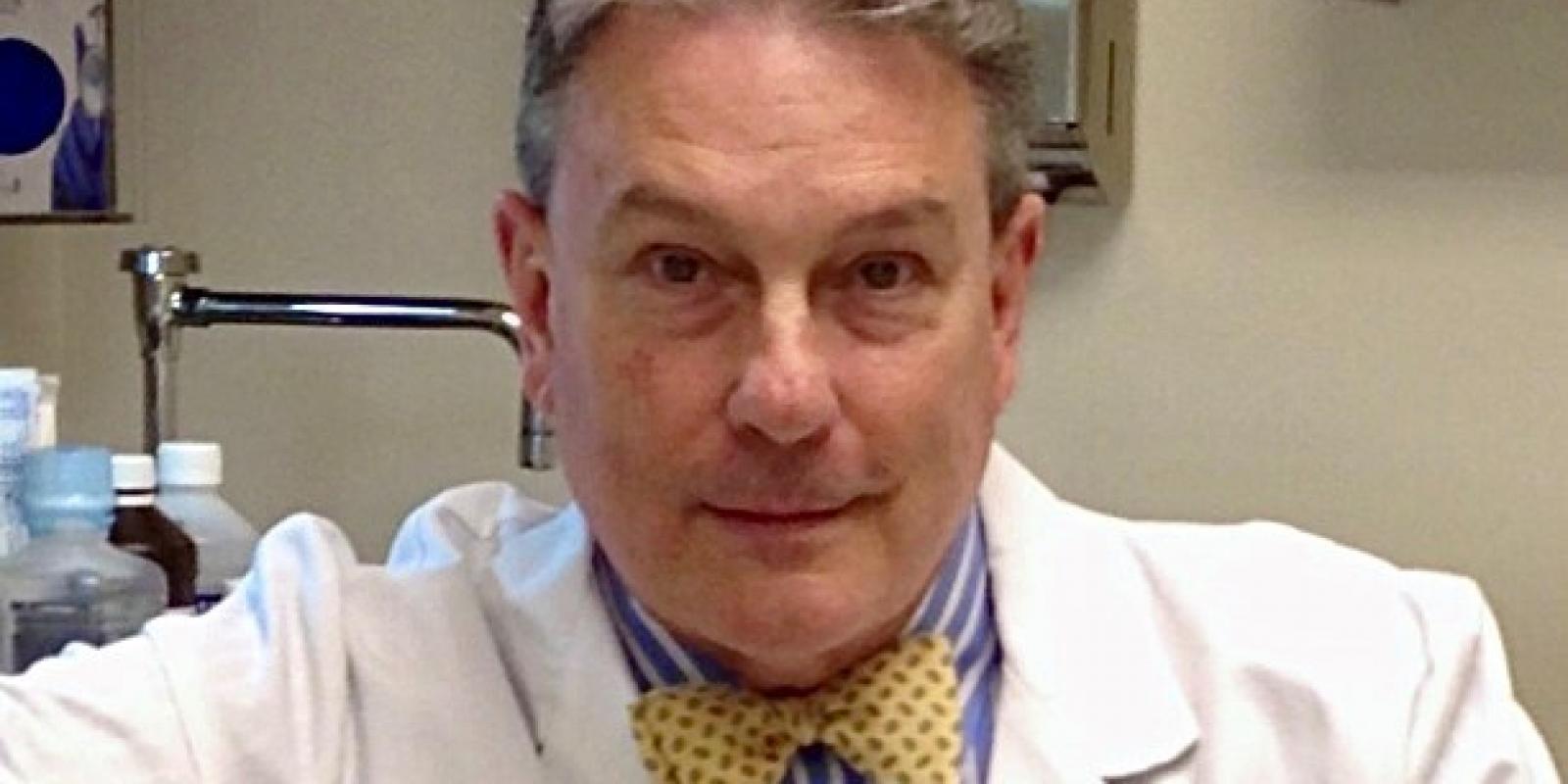If I treat an 80-year-old congestive heart failure patient with a diuretic what is the risk in relation to renal function? What will the effect be in relation to stability and fall risk? What will the effect be in relation to continence? Can the person tolerate a medical intervention in relation to their strength and metabolic reserve? What is the relation between intervention and goals of care? What is the relationship (trusting, hostile, tense) between the family and the care team? What is the relationship between the patient and the care team?
Does our relationship allow a compassionate and frank discussion of the risks of interventions and comfort versus goals of care? How can I forge a positive enough connection/relationship to explain the expected outcome of a terminal disease process with a new patient and family?
What is the relationship between the aging process, disease and function? How can I negotiate a relationship in the context of dementia at any stage? What are my options when the relationship is so fraught that I am unable to form a therapeutic alliance?
I recently retired as a Physician Assistant (PA), and it has been my privilege to care for older adults for the majority of my career; the past five years in the skilled nursing facility (SNF), post-acute and long-term care, and assisted living settings. This population is not homogenous—the 80-year-old professor who walks 3 miles a day and continues to write, publish, and lecture is a different clinical challenge than the 70-year-old insulin- and oxygen-dependent diabetic with chronic obstructive pulmonary disease (COPD) and progressive renal failure.
Even so, frailty affects most older adults, creeping up on us all. Care of the older adult is all about relationships. The relationship between medical intervention and metabolic, cardiac and renal function. The relationship between function and the aging process; function and disease. The relationship between patient, provider, care team and family.
Clinical care of the older adult, especially frail older adults, presents a unique set of challenges—medical, social, psychological and spiritual. It requires thoughtful and astute clinical skills, an especially skilled and comprehensive exam; consideration of the stated and unstated goals of care; respect for the autonomy of the patient; the context of their family; the so often unrealistic expectations of family and advocates; and the barriers inherent in our system of care for all patients.
‘He gifted me with his personal recollections, a wry sense of humor, and a vivid story of his life in difficult and trying times.’
There are many disincentives to care. Certainly topping the list are financial concerns—even with Medicare and supplemental insurance the incidentals of co-pay and premiums and out-of-pocket expenses quickly add up. We are often faced with the very difficult decision of sending a frail elder to the emergency room—thinking through the cost in energy, time and discomfort for the patient, especially while COVID still exists, creating chaos in our emergency and hospital settings.
Consider the challenges and frustration of arranging timely follow up, specialty care, lab work and imaging. For patients, the difficulty of arranging transportation, support, and the energy to trudge through our Byzantine healthcare system can be extreme.
For me there were so many unexpected and powerful human moments. Being a witness to and present for the last hours of an esteemed colleague’s life, holding their hand at the end. Being present for families as they face the inevitable and offering some direction and guidance and, I hope, some comfort.
One of my last patients was a frail man on oxygen for end-stage COPD. We were discussing his goals of care, his comfort and pain and I noted a battered baseball cap with the USS North Carolina embroidered on it. I had just finished reading Ian Toll’s comprehensive account of the war in the Pacific theater (“Pacific Crucible,” 2011; W.W. Norton & Company) and asked him about his service in World War II.
I was treated to his extraordinary story of meeting and asking a woman to marry him when stationed in San Francisco before he shipped out to serve in the Pacific theater. The rigors of a sailor‘s life and missing home. He recalled the torpedoes that blasted a hole on the side of the ship killing his friends, and how he still wept for them.
He gifted me with his personal recollections, a wry sense of humor, and a vivid story of his life in difficult and trying times. The care of the older adult tasks us with the responsibility to consider all the physical, medical, emotional and social relationships and offers us the opportunity to transcend the clinician/patient roles and find in that relationship our shared humanity.
Steven D. Johnson, PA-C, graduated from the Stanford Primary Care Associate Program in 1982 and worked at the Palo Alto Medical Foundation in Palo Alto, Calif. He was a Governor’s appointee to the California Department of Consumer Affairs PA regulatory committee and served in the United States Coast Guard Reserve.













